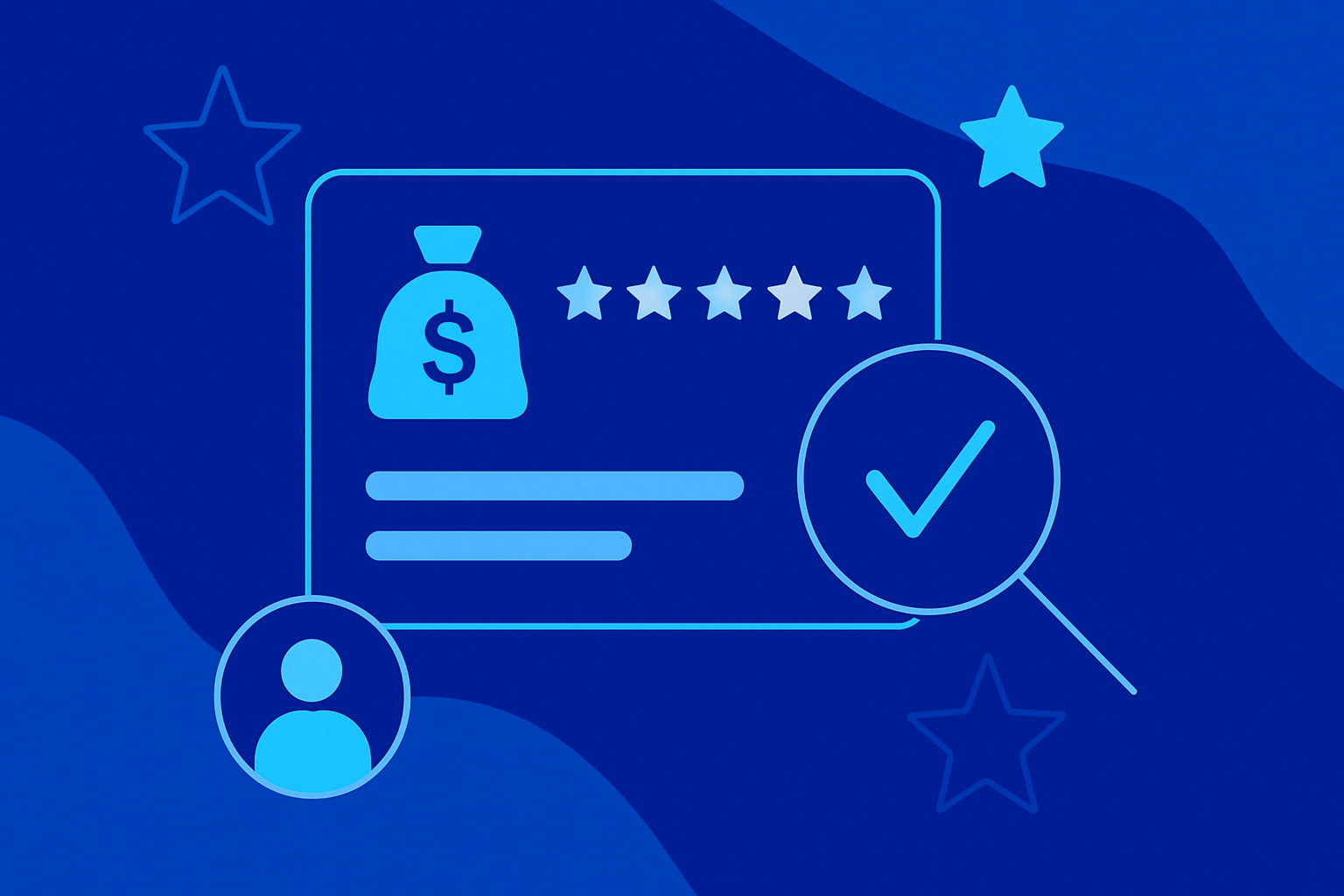The financial technology sector is experiencing a seismic shift as artificial intelligence-powered payment systems surge by an unprecedented 340% in 2025, fundamentally transforming how businesses and consumers handle financial transactions worldwide.
The AI Payment Revolution Unfolds
Leading fintech companies have reported extraordinary adoption rates of AI-driven payment technologies, with processing speeds increasing by 75% and fraud detection accuracy reaching 99.7%. This technological leap represents the most significant advancement in payment processing since the introduction of contactless payments.
Major players including Stripe, Square, and emerging AI-first payment platforms have integrated sophisticated machine learning algorithms that analyze transaction patterns in real-time, enabling instant decision-making for payment approvals, risk assessment, and fraud prevention.
Key Market Drivers
The explosive growth is attributed to several converging factors:
- Enhanced Security Protocols: AI systems can detect fraudulent patterns within milliseconds, reducing financial losses by an estimated $12 billion annually.
- Improved User Experience: Automated payment routing and intelligent transaction processing have reduced payment failures by 60%.
- Cost Efficiency: Businesses report 45% reduction in payment processing costs through AI optimization.
- Regulatory Compliance: AI systems automatically ensure compliance with PCI DSS, GDPR, and emerging financial regulations across multiple jurisdictions.
Global Impact and Adoption
The technology has seen remarkable adoption across diverse markets:
- E-commerce platforms report 85% faster checkout processes
- Small businesses benefit from intelligent pricing and payment term optimization
- Enterprise clients leverage AI for complex B2B payment workflows
- Cross-border transactions see 70% reduction in settlement times
Industry Response and Investment
Venture capital funding for AI payment startups has reached $2.3 billion in 2025, representing a 220% increase from the previous year. Major financial institutions are rapidly acquiring AI payment technology companies or developing in-house capabilities to remain competitive.
“We’re witnessing the largest transformation in payment infrastructure since the advent of digital banking,” says Dr. Sarah Chen, fintech analyst at Global Financial Research. “AI isn’t just improving existing processes—it’s creating entirely new paradigms for how money moves through the global economy.”
Looking Ahead
Industry experts predict that by 2026, over 80% of digital payments will incorporate some form of AI processing. The technology is expected to enable new payment methods, including voice-activated transactions, predictive payment scheduling, and autonomous financial decision-making for IoT devices.
As traditional payment processors scramble to integrate AI capabilities, early adopters are gaining significant competitive advantages in processing speed, security, and customer satisfaction metrics.
Consumer and Business Benefits
The immediate benefits for end users include:
- Instant transaction approvals even for complex international payments
- Proactive fraud alerts preventing unauthorized transactions before they occur
- Personalized payment experiences tailored to individual spending patterns
- Reduced transaction fees through optimized payment routing
Businesses are experiencing operational improvements including automated reconciliation, intelligent cash flow forecasting, and dynamic pricing optimization based on real-time market conditions.
Challenges and Considerations
Despite the overwhelming positive reception, the rapid adoption of AI payment systems raises important considerations around data privacy, algorithmic transparency, and the need for updated regulatory frameworks. Industry leaders emphasize the importance of maintaining human oversight and ensuring equitable access to AI-enhanced financial services.
The transformation represents not just a technological upgrade, but a fundamental reimagining of the financial services landscape, positioning AI as the cornerstone of next-generation payment infrastructure.
